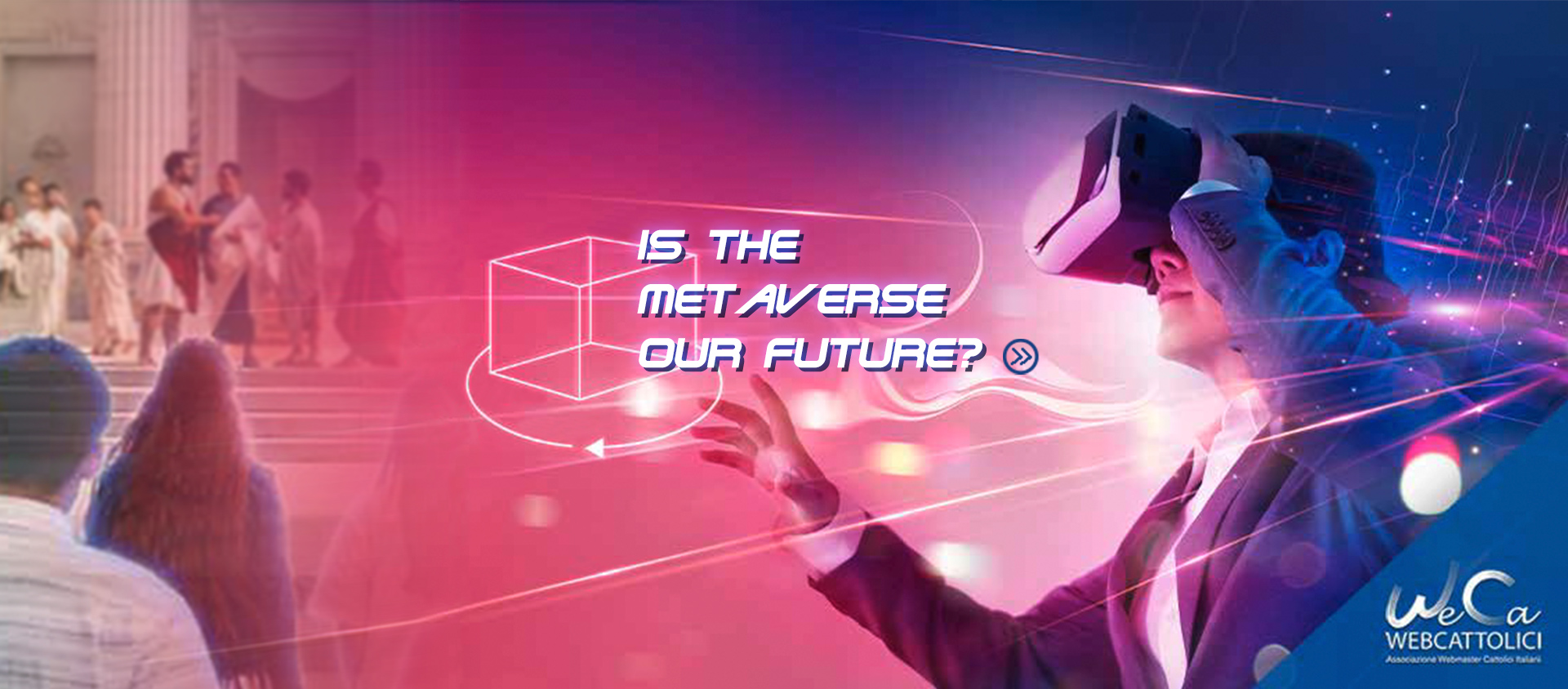Bernardita Dianzon, FSP, 07/03/2016
God has destined us not for wrath but for obtaining salvation through our Lord Jesus Christ (1 Thes 5:9). How many people distance themselves from religion because they cannot outgrow the idea of a god, who, like a policeman, is always on the watch for offenses and ready to inflict the severest punishment? Has Paul’s use of the expression “wrath of God” contributed to the formation of this distorted image of God?
Has Paul’s use of the expression “wrath of God” contributed to the formation of this distorted image of God? A consideration of the following passage from the Letter to the Romans can help us understand what exactly Paul means by that expression:
For the wrath of God is revealed from heaven against all ungodliness and wickedness…Therefore God gave them up in the lusts of their hearts (Rom 1:18, 24).
Although St. Paul writes in Greek, his use of the expression does not derive from his knowledge of the capricious activities and vindictive emotions of the gods of Greek mythology. Rather, he derives the term from his Old Testament background. If the term “justice of God” points to God’s fidelity to the covenant, to his saving activity, we can say that “wrath of God” depicts its mirror-image. God, in his faithfulness, never ceases to offer us salvation. Now when we refuse that offer and close ourselves off from God, we experience our refusal and self-willed separation from God as our self-condemnation. This experience, which we bring upon ourselves by our wrong choice, is what is called the “wrath of God.”
Although “wrath of God” sounds like an emotion-laden terminology, its true purpose is to highlight the absolute incompatibility of God with sin. Sin is primarily the rejection of God. God’s saving activity cannot simply overlook sin. If human freedom stubbornly persists in sin by rejecting God, then human freedom must also be responsible for the consequences of that rejection. In the above passage from the Letter to the Romans, Paul sums up this reality, depicting “wrath” as the consequences of human sinfulness. This “wrath” is attributed to God because God is totally involved with us.
When Paul says, “God gave them up in the lust of their hearts,” he means that God allows sin to work its course and bring its own condemnation. God does not punish, rather, sin brings its own punishment, which God permits to happen because he respects human freedom. Just as we say that, “God can write straight with crooked lines,” the “wrath of God” is really at the service of the “justice of God.” God allows sin to work its course only so that human beings, in freedom, may abandon sin and open themselves up to God’s offer of salvation.
Because sin has a social dimension, “wrath of God” can also be a corporate experience, affecting even those who are innocent of guilt. Such is the gravity of sin! The miserable state in which society finds itself time and again is the result of a series of selfish choices and wrong decisions, individual as well as collective sins. Yes, in Biblical terminology, we are corporately experiencing the “wrath of God,” and reaping the fruit of the seeds of evil that have been sown from generation to generation. Rather than despair, we have to remember that God allows this painful experience not to condemn us but to make us turn to him as a nation. If that should happen, then the “wrath of God” would have achieved its ultimate purpose, which is salvation.
Excerpted from Glimpses of Paul and His Message.
Bernardita Dianzon, FSP, is a member of the Daughters of St Paul. She obtained her Licentiate in Sacred Scriptures from the Pontifical Biblical Institute and her Doctorate in Sacred Theology from the Loyola School of Theology, where she also teaches the Letters of St Paul and biblical Greek.
About the image:
The stained glass window of St Paul from the Cathedral of Moscow. Photo by Sergia Ballini, FSP.













